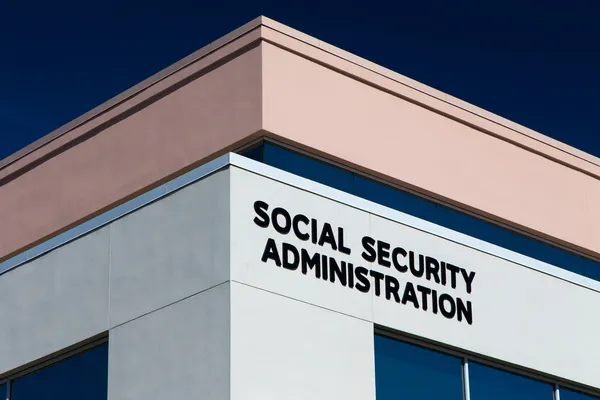
Social Security Administration (Photo: Depositphotos)
According to the administration’s schedule, recipients of the Supplemental Security Income program received their August payment of up to $914 for individual filers on Tuesday, the first such payment since June.
In a report published by Washington Examiner, the Supplemental Security Income payment was made on August 1 and is the first for the recipients since June 30, when installments were missed in July due to a scheduling error in the administration’s calendar, causing a one-month pause.
As a result of July 1 coming on a weekend, June earned a double payout.
Depending on the category they file under, beneficiaries of the Supplemental Security Income receive a different amount of money.
Couples that qualify may receive up to $1,371 per month.
According to the SSA, those who file independently may receive as much as $914 monthly, and necessary family members who reside with and provide care for those receiving Supplemental Security Income benefits may receive as much as $458 monthly.
Not all recipients of the Supplemental Security Income get the full reward.
READ ALSO: Beat Your Average Social Security Retirement Benefits; Here’s How!
Beneficiaries of the Supplemental Security Income typically only receive one payment per month, but recipients will receive two payments in March, June, September, and December of this year.
In an article published by Colorado Gazette, this is the case since January 1 is always a holiday and the first of the month always falls on a weekend in April, July, and October.
This revised timetable guarantees that beneficiaries of the Supplemental Security Income continue to receive 12 payments per year. The recipients do not get a payment in April, July, October, or January.
The following month will have two payments of Supplemental Security Income benefits because October 1 falls on a Sunday; beneficiaries will also get October’s payment in September.
Because September 30 falls on a weekend, payments of the Supplemental Security Income will be made to recipients on Friday, September 29.
A person must be over 65 and meet particular financial criteria to be eligible for the Supplemental Security Income program.
Those under 65 may also be eligible for Supplemental Security Income payments if they have a medical or mental condition that seriously restricts their daily activities for at least a year or is anticipated to cause death, or if they are at least half blind.
READ ALSO: Biden Administration To Propose Cancellation In Student Loan Payments
























